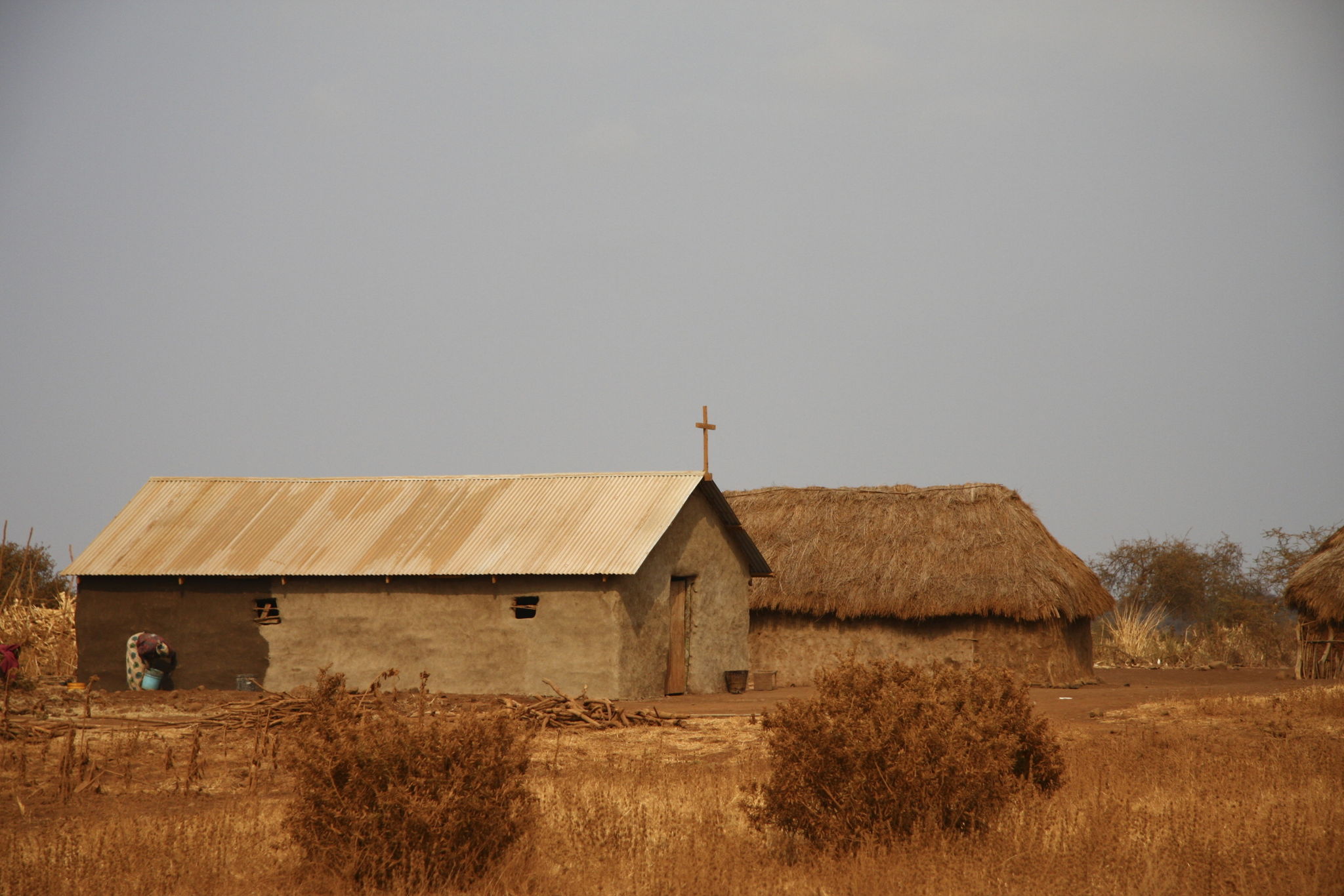Myth-Busting Common Misconceptions About Religious Services in Tanzania
Introduction to Religious Services in Tanzania
Tanzania, a country rich in cultural diversity, is home to a multitude of religious beliefs and practices. Despite this diversity, several misconceptions about religious services persist. These misconceptions often arise from misunderstandings or stereotypes and can lead to unnecessary biases. This blog aims to debunk some common myths surrounding religious services in Tanzania, shedding light on the truth behind these beliefs.

Myth: Religious Services Are Only on Sundays
One of the most prevalent myths is that religious services in Tanzania only occur on Sundays. While Sunday is a significant day for Christians, it's essential to recognize that Tanzania's religious landscape is much more diverse. Several religious communities, such as Muslims, hold their main congregational prayers on Fridays. Additionally, other denominations and groups may have services throughout the week. Therefore, it's important to acknowledge the various days of worship across different faiths.
Understanding Diverse Worship Days
In Tanzania, the diversity of worship days reflects the country's rich tapestry of faiths. For instance:
- Friday: Muslims gather for Jumu'ah prayers.
- Saturday: Seventh-day Adventists and some Jewish communities observe the Sabbath.
- Sunday: Many Christian denominations hold their main services.

Myth: Religious Services Are Strictly Formal
Another common misconception is that religious services in Tanzania are always formal and rigid. While some services might adhere to traditional structures, many are quite vibrant and dynamic. Tanzanian religious gatherings often celebrate with music, dance, and communal activities that reflect the joyous spirit of the community.
The Role of Music and Dance
Music and dance play a vital role in many Tanzanian religious services. These elements are not just for entertainment but are integral to worship, helping to create a lively and engaging atmosphere. From gospel choirs in churches to rhythmic drumming in traditional ceremonies, these expressions of faith are central to the worship experience.

Myth: Only Locals Attend Religious Services
Some believe that religious services in Tanzania are exclusive to locals or members of specific ethnic groups. This is far from the truth. Many religious communities in Tanzania welcome people from various backgrounds, including expatriates and tourists. The spirit of hospitality is deeply ingrained in Tanzanian culture, and this extends to their places of worship.
Inclusivity in Worship
Religious services are often seen as opportunities for cross-cultural exchange and understanding. Visitors are frequently encouraged to participate in communal activities, fostering a sense of belonging and community regardless of one's background.
Conclusion: Embracing Diversity and Understanding
Understanding the truth behind these myths allows for a greater appreciation of Tanzania's rich religious landscape. By recognizing the diversity and inclusivity of religious services in Tanzania, we can foster a more harmonious and respectful coexistence. Whether you're a local or a visitor, there's always something new to learn and experience within Tanzania's vibrant spiritual communities.

